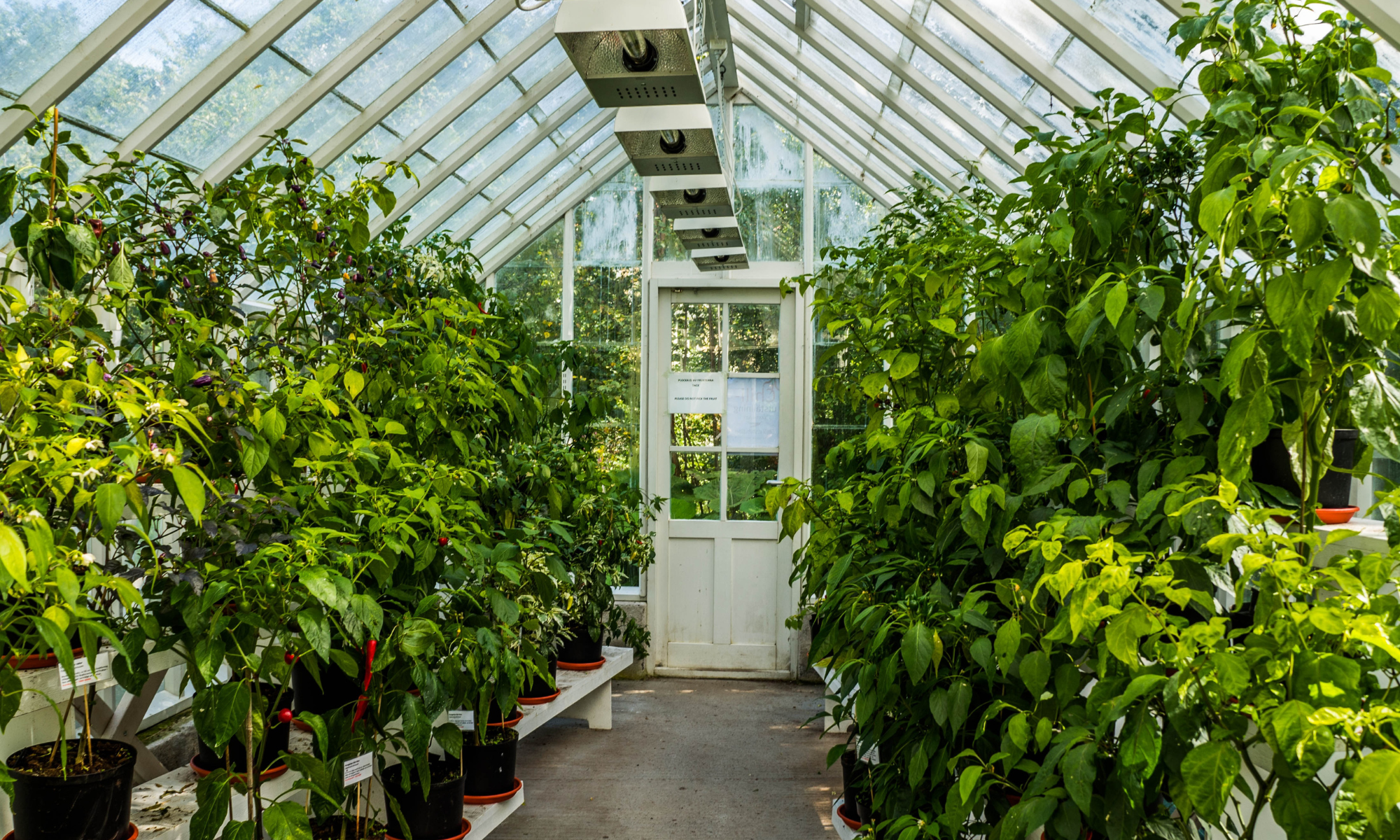Organic Vegetables
While taste is subjective, many people report that organic vegetables have superior flavor compared to their conventional counterparts. This could be because organic produce is often grown in smaller quantities and harvested at the peak of ripeness, leading to better flavor profiles. Additionally, because organic farming avoids synthetic fertilizers, the vegetables tend to develop more complex flavors, especially when grown in nutrient-rich, well-balanced soil.
Furthermore, organic farms often use fewer preservatives or artificial ripening agents, so organic vegetables can taste fresher when they reach the consumer. The true “farm-to-table” experience, where vegetables are harvested at the right time and transported with minimal processing, is more common in organic systems. This results in produce that’s often more vibrant and flavorful.
Phytochemicals are naturally occurring compounds found in plants that are known for their health benefits, such as antioxidants, vitamins, and anti-inflammatory agents. Many of these compounds also play a role in flavor, providing depth, heat, bitterness, or sweetness to different vegetables. Organic vegetables, grown without the interference of pesticides or artificial chemicals, tend to produce higher levels of these beneficial phytochemicals.
For instance, organic peppers may have a more vibrant, spicy kick because of the higher concentrations of capsaicin, the compound responsible for the heat in chili peppers. Similarly, herbs like basil, rosemary, and thyme—when grown organically—are often more aromatic and flavorful due to the higher concentration of essential oils that develop without synthetic fertilizers. These oils not only contribute to flavor but also enhance the sensory experience, making organic vegetables feel more alive and fragrant.
Organic farmers often take greater care in selecting the types of vegetables they grow, favoring heirloom varieties and old-fashioned cultivars that have been passed down through generations. These varieties tend to have unique and robust flavors, which may differ from the standardized varieties grown in conventional farming for mass production.
For example, heirloom tomatoes, such as Brandywine or Cherokee Purple, are prized for their intense flavor, which is often more complex and rich than the flavor of conventional hybrid tomatoes, which have been bred for uniformity and longer shelf life rather than taste. Organic farming allows for a greater diversity of these flavorful varieties to flourish, leading to a broader array of tastes that are often absent from conventionally grown produce.
In contrast, conventionally grown vegetables are typically harvested before they reach full ripeness and are often transported long distances, which can degrade their taste and texture. The longer vegetables sit in storage or are transported, the more their flavors can diminish. Organic vegetables, on the other hand, are often harvested at the ideal time, ensuring they reach consumers at their freshest, most flavorful state.
Chemicals used in conventional farming, such as pesticides and fungicides, not only affect the health of the environment and workers but can also have a subtle impact on the taste of the produce. Some research suggests that the use of certain chemicals may alter the natural flavor compounds in vegetables, resulting in a less flavorful product.
Organic farming, by eliminating or minimizing chemical interference, allows vegetables to develop and express their natural flavors in a way that’s closer to how nature intended. The result is a cleaner, purer taste without the chemical aftertaste or subtle bitterness that can sometimes accompany conventionally grown produce
Organic vegetables offer a broader range of flavor experiences due to the variety of growing techniques and the diversity of plants used. From sweet carrots and sugar snap peas to rich, earthy potatoes and leafy greens with a delicate bitterness, the flavors of organic vegetables can surprise and delight the palate in a way that’s often more nuanced and full-bodied than what you may experience with conventional produce.
This full spectrum of taste is a testament to the way organic farming encourages a balance between nature and agriculture, allowing vegetables to develop their natural complexity. Whether it’s the sweetness of an organic apple or the deep umami of an heirloom squash, organic vegetables provide a taste experience that can’t be replicated through industrial farming practices.
The superior taste of organic vegetables isn’t just a matter of personal preference—it’s a result of the way these vegetables are grown, nourished, and harvested. From the health of the soil to the absence of synthetic chemicals, organic vegetables are nurtured in a way that allows their natural flavors to flourish. The result is a more vibrant, delicious, and authentic taste experience that honors the craft of farming and the power of nature. Whether you’re biting into a sun-ripened tomato or enjoying the crisp sweetness of freshly picked lettuce, organic vegetables offer a flavor that is both distinctive and unforgettable.
Organic Frozen Vegetables
When we think of fresh, organic vegetables, we often picture them in their seasonal prime, plucked straight from the garden. The freshness of organic vegetables often contributes directly to their superior taste. Organic farmers tend to sell their produce through local farmers’ markets, community-supported agriculture (CSA) programs, or direct-to-consumer channels, which means that the vegetables are often harvested just hours or days before they are sold. This rapid turnover ensures that the produce retains its peak flavor and texture.
But there’s another way to enjoy organic produce that many people overlook: frozen organic vegetables. Frozen vegetables have often been unfairly associated with a loss of quality or nutrition, but in reality, they offer a wealth of benefits that make them a smart and sustainable choice for modern households. Let’s explore why frozen organic vegetables deserve a place in your kitchen. For those on a budget but keen to follow an organic lifestyle, organic frozen vegetables can be an excellent choice. Read more
Organic Vegetable Seeds
Organic vegetable seeds are naturally diverse and free from genetic modification. Unlike conventional seeds, which may be genetically engineered to resist pests, grow faster, or withstand certain chemicals, organic seeds are bred in harmony with nature. They’re not modified in laboratories to produce “perfect” crops; instead, they are carefully selected for their ability to thrive in healthy, biodiverse ecosystems.
By choosing organic vegetable seeds, gardeners contribute to preserving genetic diversity in plants. Many heirloom varieties, which are often organic, have been passed down through generations of farmers and gardeners. These seeds tend to offer more unique flavors, colors, and textures than hybrid varieties, often with the benefit of being more resilient to local growing conditions and diseases. This diversity also helps protect the agricultural food system from becoming reliant on a small number of genetically engineered crops, which can be more susceptible to disease outbreaks or environmental changes.

